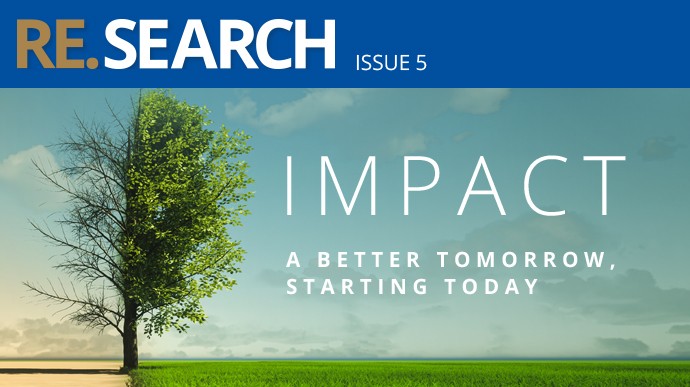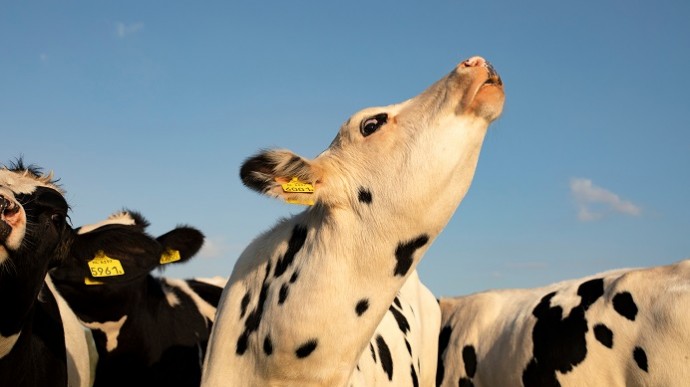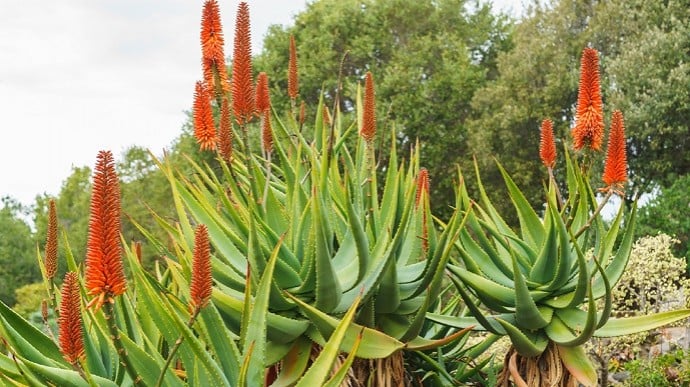 Story
Story
With climate change said to be affecting the intensity of rainfall, experts at the University of Pretoria (UP) have investigated if there are observable changes in the probability of significant to extreme daily rainfall across South Africa.
 Story
Story
The South African portion of the Progress in International Reading Literacy Study 2021 conducted by UP has found that 81% of South African Grade 4 learners are struggling to read for comprehension at age 10.
 Story
Story
This issue of RE.SEARCH looks at the impact of the University of Pretoria's research from early childhood interventions and the use of traditional medicines for holistic nursing to the role of women in peacekeeping efforts. The issue also provides insight into the critical question of coal power supply and how it will affect the economic opportunities of communities in the future.
 Story
Story
University of Pretoria (UP) scientists have posited a theory that could explain the tens of thousands of “fairy circles” that can be seen dotted across the arid landscape of Namibia.
 Story
Story
A University of Pretoria (UP) study has shown that playing soothing classical music to dairy cows lowers their stress levels and increases their milk production.
 Story
Story
Experts at the University of Pretoria (UP) are a step closer to finding a drug that could prevent transmission of the malaria-carrying parasite Plasmodium falciparum by thwarting its life cycle.
Copyright © University of Pretoria 2025. All rights reserved.
Get Social With Us
Download the UP Mobile App